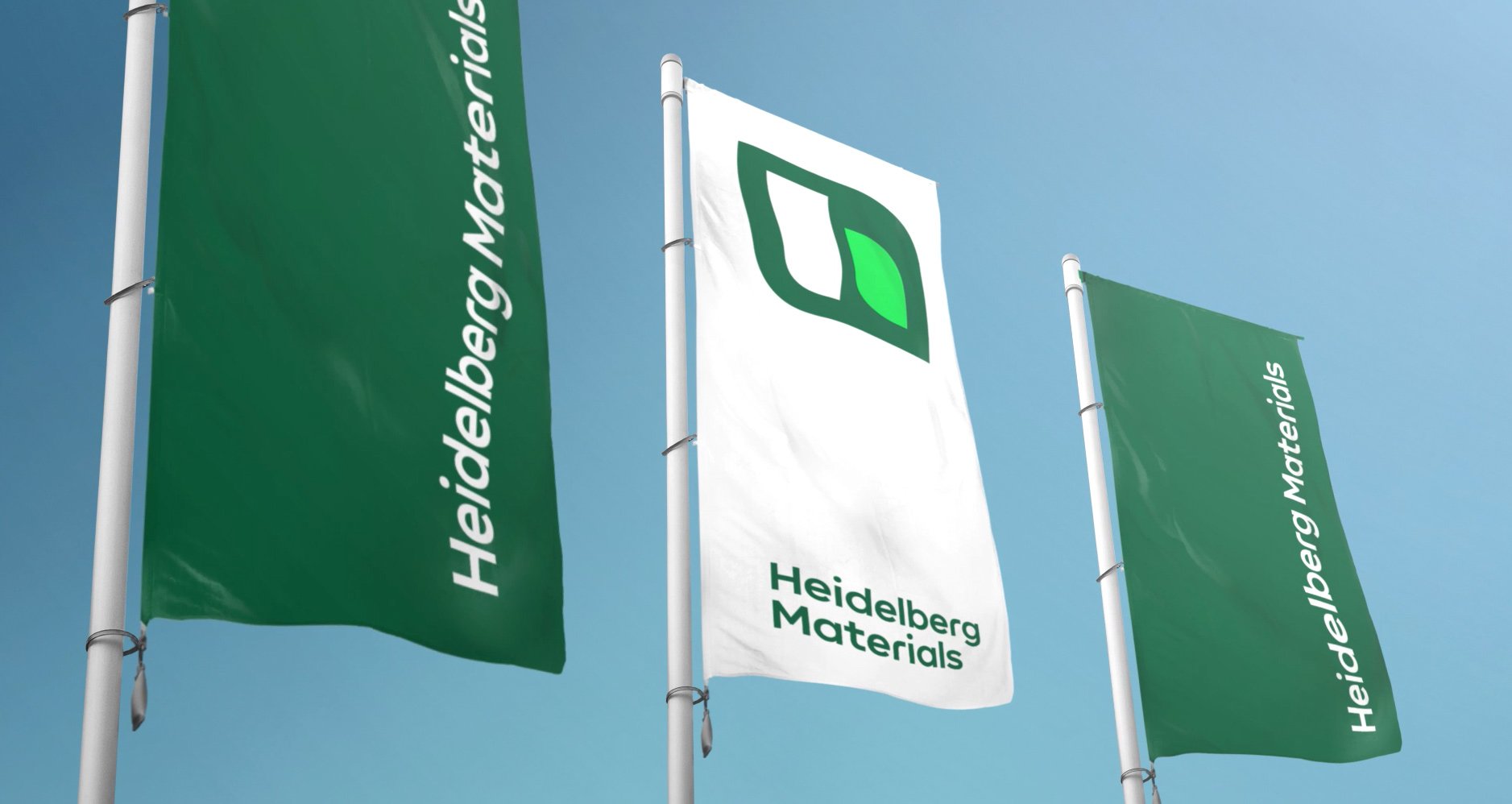HeidelbergCement and EMBL explore opportunities to reduce CO₂
The cooperation of HeidelbergCement and EMBL, the European Molecular Biology Laboratory, will focus on the exchange of scientific and technical knowledge on the reduction, avoidance and recovery of CO₂ emissions. The partners signed the agreement on a three-year collaboration in November.
“We are delighted to be partnering with EMBL, one of the world’s leading research institutions for molecular biology, to jointly explore innovative approaches to fight climate change,” explains Dr. Bernd Scheifele, Chairman of the Managing Board at HeidelbergCement. “This will further strengthen our competence and our commitment to reduce the environmental footprint of our sector.” In its Sustainability Commitments 2030, HeidelbergCement committed to reduce its specific CO₂ emissions by 30% compared to 1990.
“Climate change is an incredibly pressing issue” says EMBL Director, Prof. Matthias W. Hentze. “The science underpinning is complex and we need the best scientists worldwide to put their heads together and look for innovative solutions. Building on our strong network of internationally leading scientists, EMBL will help facilitate this collaboration and promote discussion between experts.”
Besides the collaboration with EMBL, HeidelbergCement has also partnered up with others in order to reduce its CO₂ emissions and enable the utilisation of CO₂ as a resource. For instance, as part of the research project “CO₂MIN” the company explores the absorption of CO₂ from flue gas by the minerals olivine and basalt together with RWTH Aachen University. The research consortium LEILAC (Low Emissions Intensity Lime and Cement) of which HeidelbergCement is a member, deals with carbon capture technologies.

